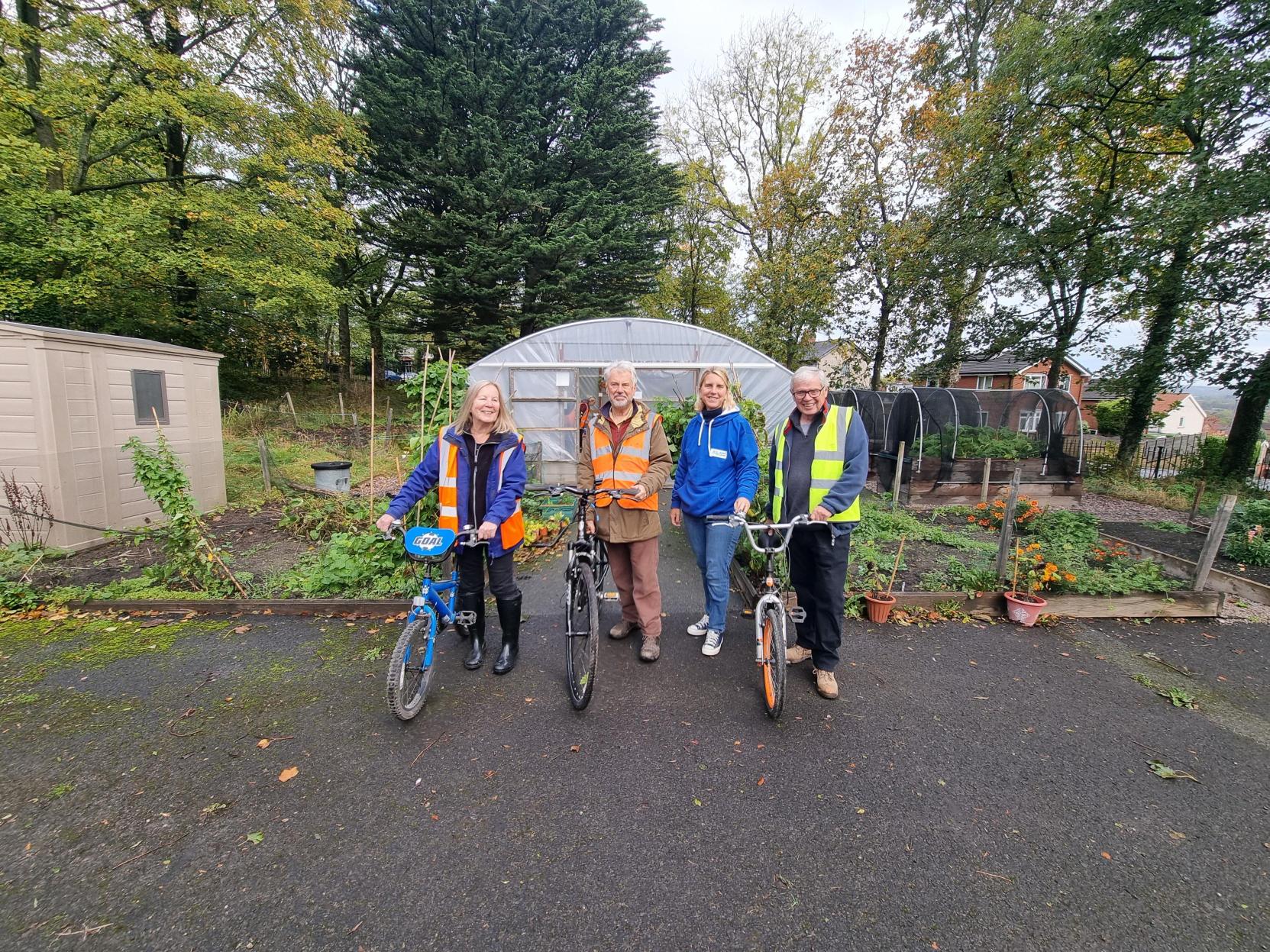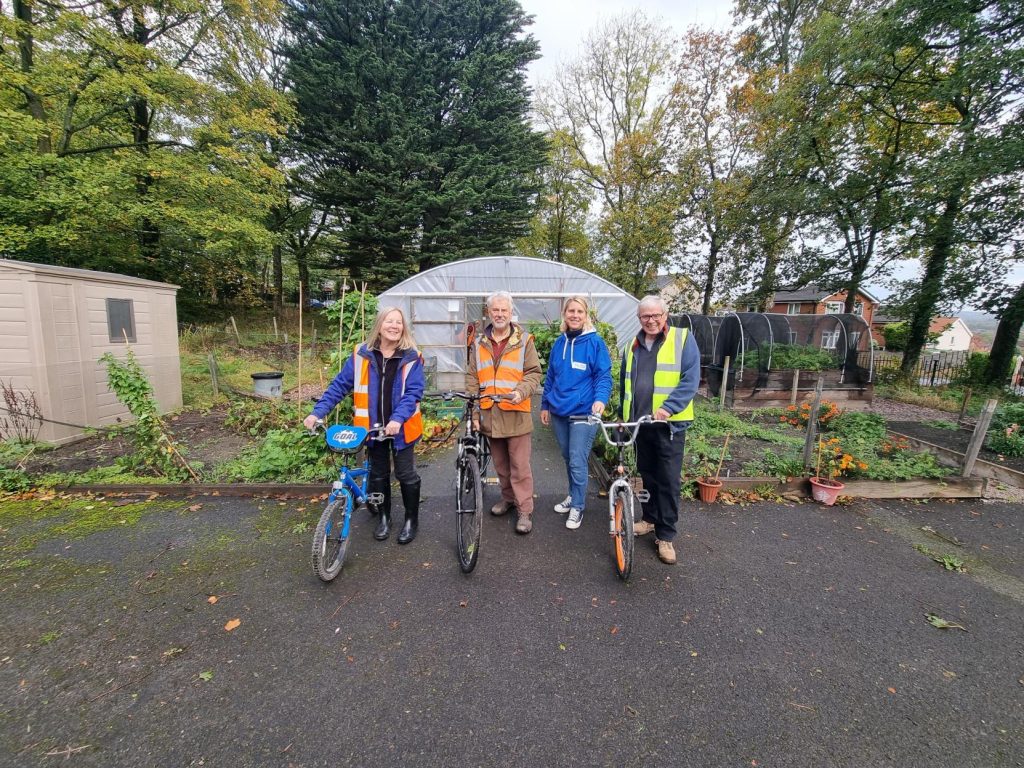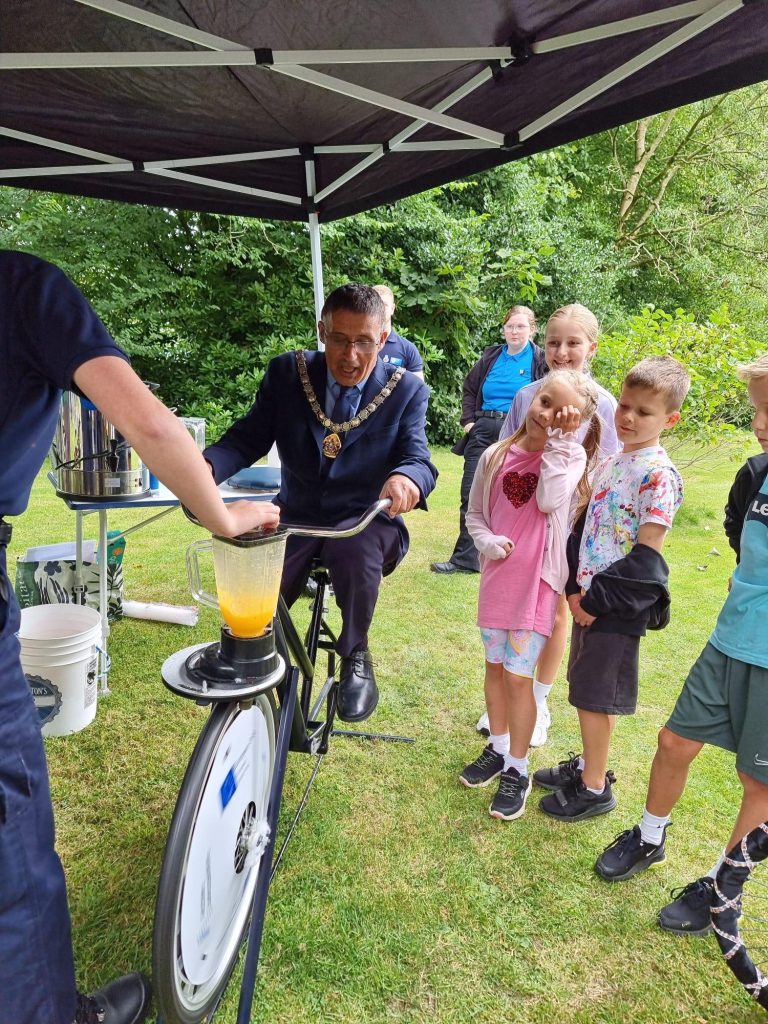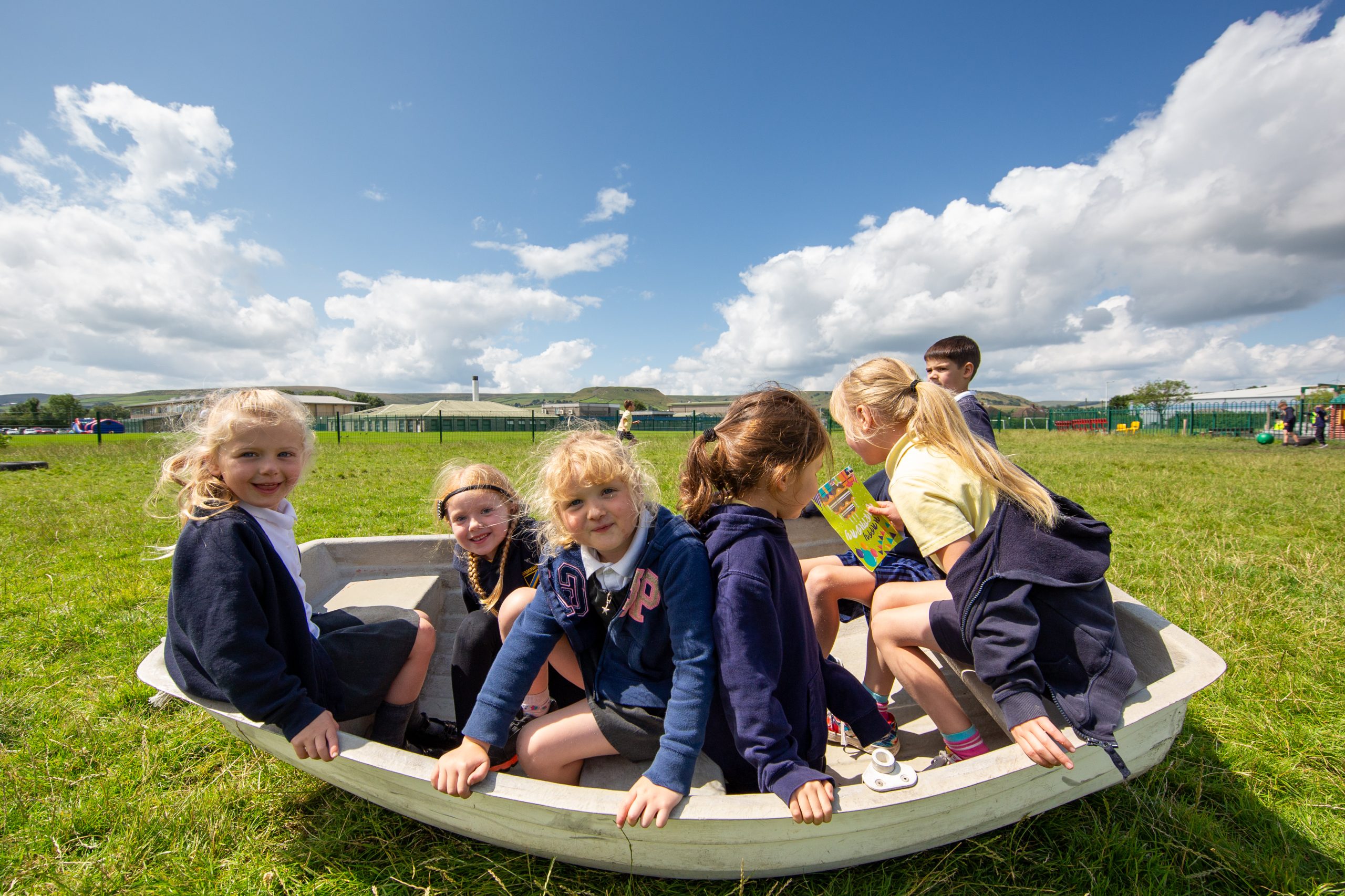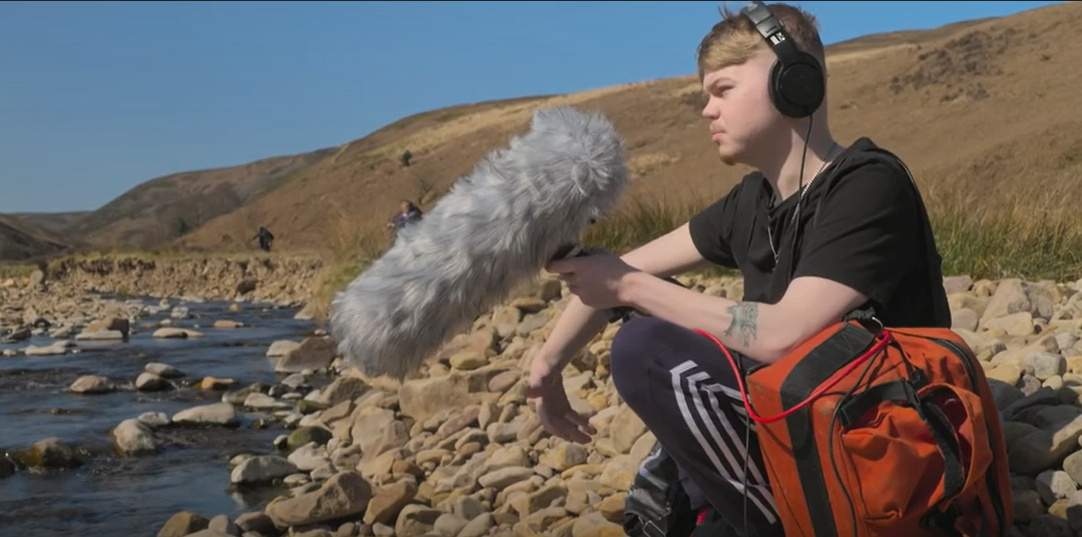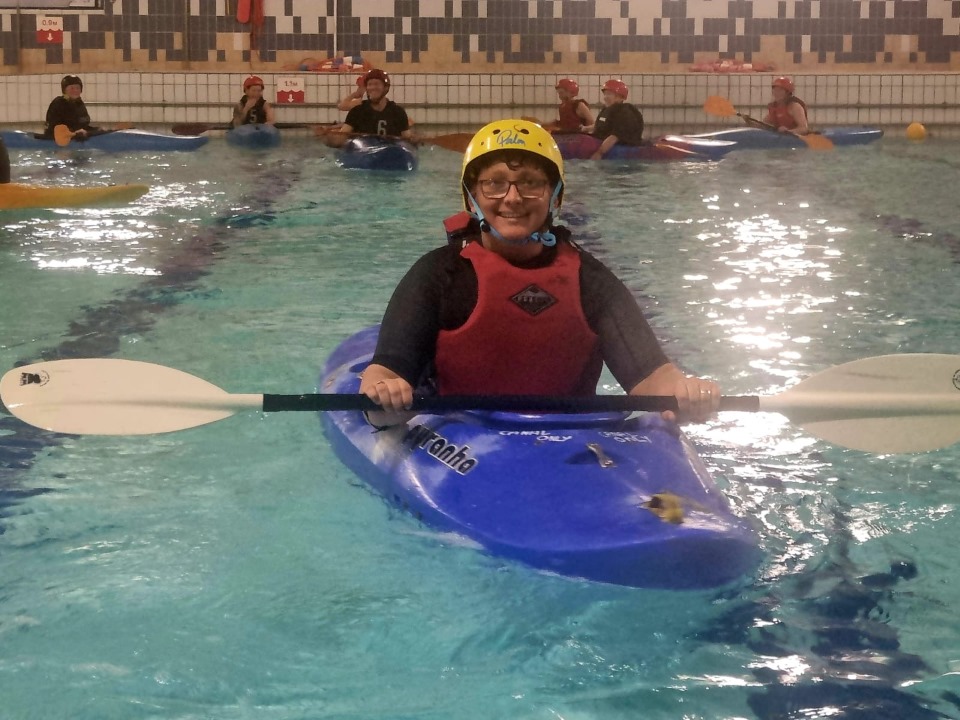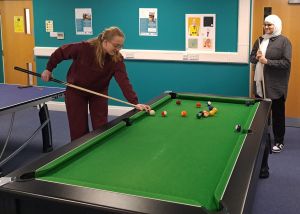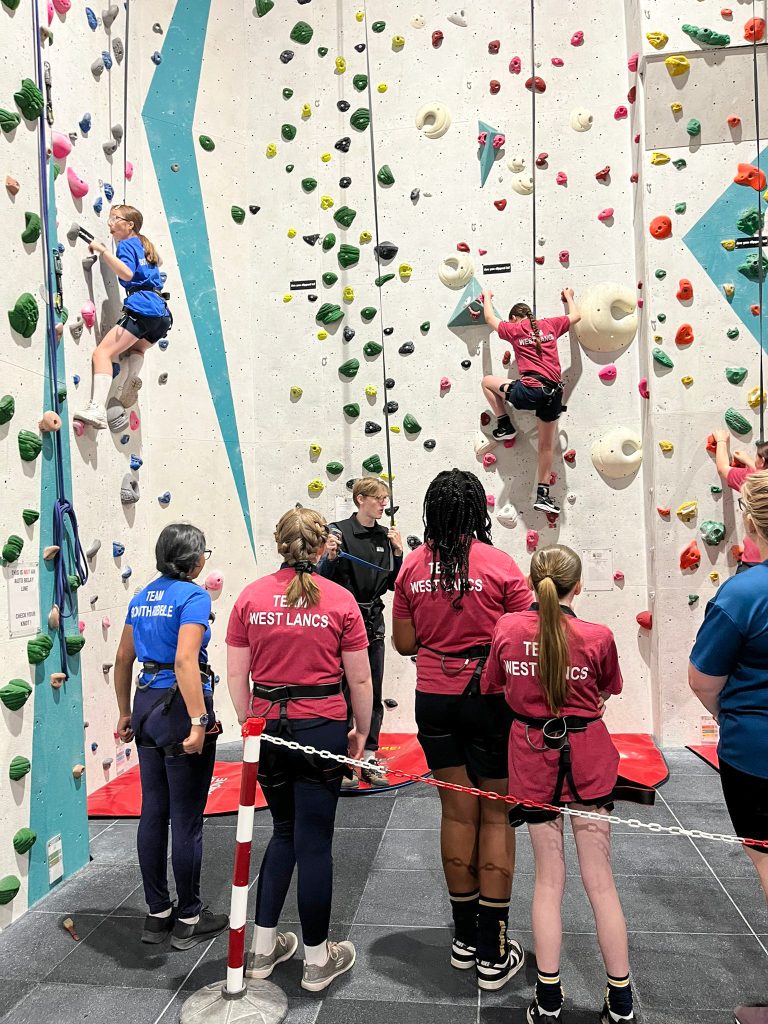
Active Lancashire, in partnership with Rossendale Borough Council, is launching Fresh Wheels – a new community-led fruit and vegetable stall. Running every Friday from 31st October 2025 to 23rd January 2026 at Haslingden Market, Fresh Wheels will bring fresh, affordable produce to local residents while promoting healthy lifestyles, sustainability, and skill development through volunteering.
The initiative aims to make it easier for the community to access affordable, high-quality produce while encouraging active travel. Shoppers will be able to earn discounts through the “Walk, Wheel & Save” scheme, which rewards those who travel to the stall by walking, cycling, or wheeling. The stall will also feature a Smoothie Bike Station, where visitors can pedal their own smoothies and learn about the benefits of staying active.
Managed by mentors from Rossendale Works, Active Lancashire’s Employability Programme, the project will provide volunteering opportunities for local residents, particularly those facing barriers to employment. Volunteers will gain hands-on experience in retail, budgeting, marketing, and customer service, supported by ongoing training and mentoring throughout the 12-week programme. The experience aims to build confidence, develop practical skills, and improve employment prospects for participants.
Fresh Wheels is also committed to supporting the local economy and protecting the environment. Wherever possible, produce will be locally sourced, and the stall will use reusable packaging, composting, and eco-friendly delivery methods, with any surplus produce donated to local food banks and community schemes. Regular customers will be able to take part in the “Pedal Points” scheme, rewarding repeat visits and encouraging continued engagement in active, sustainable living.
Beyond its initial 12-week pilot, Fresh Wheels aims to demonstrate a sustainable, community-led model for promoting health, wellbeing, and employability. Active Lancashire and Rossendale Borough Council will explore options for long-term sustainability through sponsorships, grants, and potential expansion across Rossendale.
Paul Becouarn, Project Lead at Rossendale Works, said: “Fresh Wheels is more than just a market stall – it’s a movement towards a healthier, more connected community. By combining fresh food, active travel, and skills development, we’re helping local people take positive steps for their wellbeing and future.
“This initiative shows how local partnerships can make a real difference. Fresh Wheels brings affordable produce, new opportunities, and a renewed sense of community energy to Haslingden Market.”
Fresh Wheels launches on Friday 31st October 2025 at Haslingden Market and will run every Friday for 12 weeks until 23rd January 2026. For more information, email volunteering@activelancashire.org.uk


